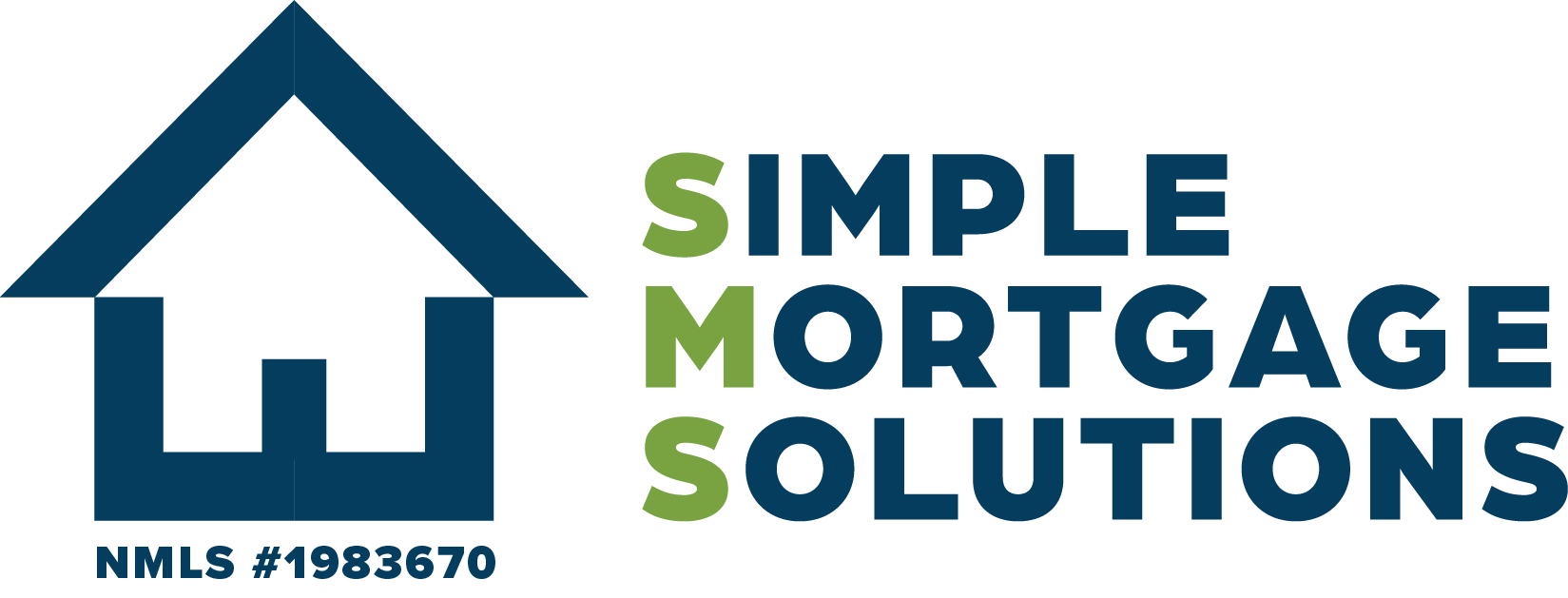
Don’t Make These Mortgage Mistakes
In general, the mortgage application process isn’t very complicated. However, not all applications go smoothly. That’s because many people without experience in borrowing make a series of mistakes that end up costing them a lot of money in interest over the life of the loan, or worse, put the brakes on their mortgage approval.
One way to avoid making a mistake that may keep you from getting a mortgage is to know exactly what can go wrong during the underwriting process. Here are some common yet totally avoidable mistakes you should be aware of before applying for a mortgage.
Doing Something That Could Lower Your Credit Score
Your credit score is one of the factors that lenders consider in order to determine your eligibility for a mortgage. Although a good credit score doesn’t guarantee a mortgage approval, it can boost your chances of qualifying for a mortgage. Lenders also use your credit score to set the interest rate you’ll pay over the life of the loan. Because the credit score is one of the factors that matter most when applying for a mortgage, here are some important things you should avoid before applying for a mortgage.
Making late payments – Making one payment more than 30 days late could lower your credit score significantly. For instance, missing a card or loan payment could cost you anywhere from 90 to 110 points.
Taking on new credit – Getting a new credit card, taking out a new loan, and/or closing accounts could increase your credit utilization rate, which can hurt your credit score. Because most lenders take a second look at credit histories and scores before closing, make sure you don’t buy any expensive items, such as appliances, furniture, or a car, before closing. Making a large deposit or withdrawal could also have a negative impact on your mortgage application.
Additionally, quitting or changing your job during the application process could throw a wrench in your mortgage approval. That’s because the lender will need to reevaluate your income and the loan amount you may qualify for.
Not Having Enough Money Set Aside
When buying a home, homebuyers tend to focus only on the down payment. As a result, many of them don’t realize that they’ll also need to cover a series of additional expenses that can run into several thousand dollars. In addition to the actual down payment, which is typically 20% of the sales price when taking out a conventional mortgage, you’ll need to pay closing costs that range between 3% and 4% of the total purchase price. In general, closing costs include an application fee, appraisal/inspection fees, title insurance, loan origination fees, and a deed transfer tax based on the value of the property being purchased. Some lenders also require homebuyers to deposit in advance some portion of the homeowners insurance premiums and property taxes in an escrow account.
However, closing costs can vary greatly among lenders and types of loans. Not only are some fees optional, which means that not all lenders charge the same fees; VA loans and FHA-insured mortgages also don’t carry the same closing costs as a conventional home loan.
Another expense that you may need to cover is the HOA fee. In many communities governed by an HOA, the fees are paid on an annual basis. Assuming that the seller has paid the fee for the full year, and you’re closing on the home on June 30, you’ll need to reimburse the seller for 6 months’ worth of fees. Furthermore, some HOAs require new homeowners to pay an additional fee upfront, commonly referred to as an initiation fee, in order to become a member of the association.
Providing Inaccurate or Incomplete Information
Understanding exactly what inaccurate and incomplete information means before you apply for a mortgage can save you a lot of hassle and even speed up the application process. For instance, some applicants include bonuses as part of their regular income. However, lenders take bonus income into account only if there is a history of bonuses being received over a period of at least 2 years. As well, most lenders won’t count your bonuses unless they know for sure they’re likely to continue. For this, you need to provide documentation supporting your bonus income.
Besides providing accurate and complete information about your income and employment situation, making sure that any other details you submit are also accurate is extremely important. Even a minor mistake, such as misspellings of names or inconsistencies in your address, could delay your mortgage approval and even cause your application to be declined.
Although some of these mistakes may seem innocent, they could derail your mortgage application process. To find out what you should do in order to ensure a smooth process from pre-approval to closing, feel free to contact our trained and experienced mortgage loan officers who can guide you every step of the way!


